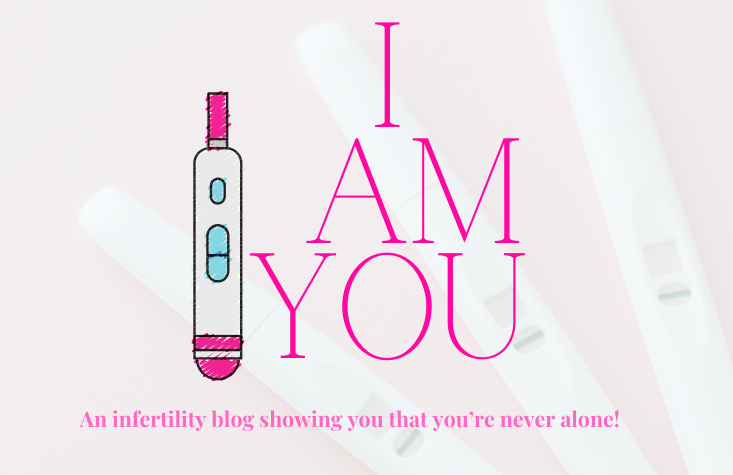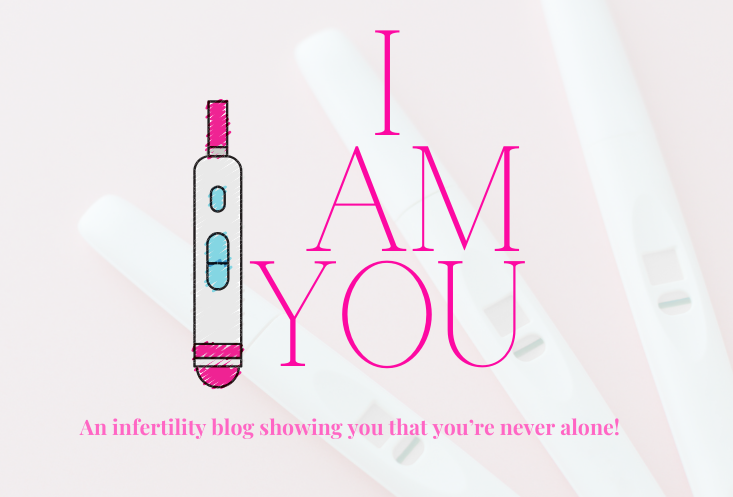What Is Infertility?
What is Infertility?
Infertility is a word that can carry a lot of emotional weight for those who experience it. It’s more than just a medical term—it’s often a deeply personal and complex journey. But what exactly does it mean to be “infertile,” and how does it affect those who are going through it?
If you don’t know what infertility is let me break it down for you… Because chances are you probably know someone who is going through infertility.
What is Infertility?
In simple terms, infertility refers to the inability to conceive a child after actively trying for at least 12 months (or six months for women over 35). For most couples this can be heartbreaking and life changing to get through.
Infertility doesn’t mean that pregnancy is impossible—it just means it hasn’t happened yet despite trying for a while. There are many factors that can influence this, ranging from health conditions to lifestyle habits. You usually can’t pin point the reason for infertility until you go see a fertility doctor.
Common Causes of Infertility
Infertility can be caused by a variety of factors, and it’s important to remember that it affects both men and women. Here are some common causes:
1. Ovulation Disorders (Women)
For women, one of the most frequent reasons for infertility is a problem with ovulation. Conditions like polycystic ovary syndrome (PCOS) or hormonal imbalances can make it difficult for the ovaries to release eggs regularly. I have PCOS and my body doesn’t ovulate every single month like it should. So that was an issue in our infertility journey.
2. Blocked Fallopian Tubes (Women)
Another common issue is when the fallopian tubes, which carry the egg from the ovaries to the uterus, become blocked. This is often due to scarring from infections or conditions like endometriosis.
3. Sperm Issues (Men)
In men, infertility is often linked to issues with sperm—either the sperm count is low, the sperm are not moving properly, or there’s an issue with their shape. This can make it difficult for the sperm to reach and fertilize the egg. My husband had the issue where his sperm were not moving correctly. They weren’t swimming the way they were supposed to. Only 4% of his sperm were moving correctly. And it even dropped down to 0% at one point.
4. Age
Both men and women experience a decline in fertility as they age, with women’s fertility dropping more significantly after age 35. This is because the quality and quantity of eggs decrease over time.
Testing and Diagnosis
If you or someone you know has been trying to conceive without success, it might be time to consult a fertility specialist. A variety of tests can help identify the root cause of infertility, such as blood tests to check hormone levels, imaging studies like ultrasounds to evaluate reproductive organs, and semen analysis for men. The best place to start if you’ve been trying for a while is just by calling a local fertility clinic and scheduling an appointment. They can start the tests right away to figure out what the issue is.
Understanding what’s causing the infertility is the first step in finding a solution, and there are many treatments available depending on the cause.
Treatment Options
The good news is that many couples who experience infertility can still conceive with the right help. Some common treatment options include:
1. Medications
Fertility drugs can help stimulate ovulation in women who aren’t ovulating regularly.
2. Surgery
For issues like blocked fallopian tubes or endometriosis, surgery can sometimes correct the problem.
3. Assisted Reproductive Technology
IUI or IVF. IUI is placing the sperm directly into the uterus during ovulation to help increase the chances of pregnancy. IVF is where eggs are fertilized with sperm in a lab and then implanted into the uterus.
The Emotional Side of Infertility
It’s important to talk about that infertility isn’t just a physical condition—it also has a significant emotional toll. Like the most painful thing I have ever experienced in my life. The process of trying to conceive, especially when it’s not going as planned, can lead to feelings of frustration, sadness, or even isolation. Support from loved ones, along with professional counseling or support groups, can make a big difference in navigating these feelings. A lot of people are so afraid to talk about infertility and let others know they have it. That is one of the reasons I started this blog, because I want to end the stigma that we should be ashamed because we have infertility.
Infertility is a challenge that many people face, but it’s not something you have to go through alone. There are many resources and treatments available to help couples on their journey to parenthood. The key is to seek help early, stay informed, and remember that every person’s journey is unique. It may take time, but there is hope for those who dream of growing their family.
If you or someone you know is experiencing infertility, don’t hesitate to reach out for support. My email inbox is always open. You’re not alone, and understanding the steps ahead can make the journey a little easier.








